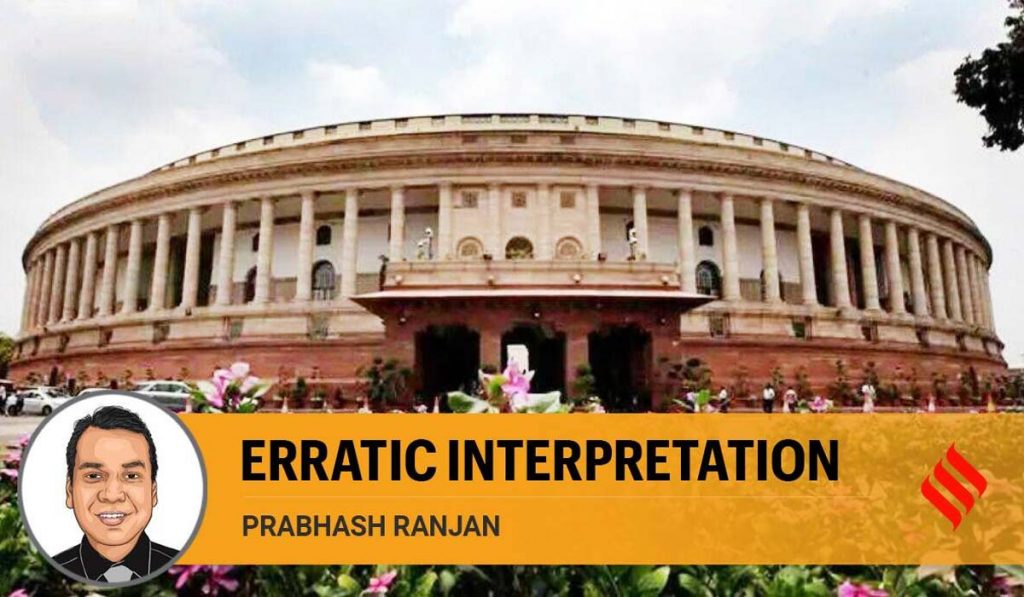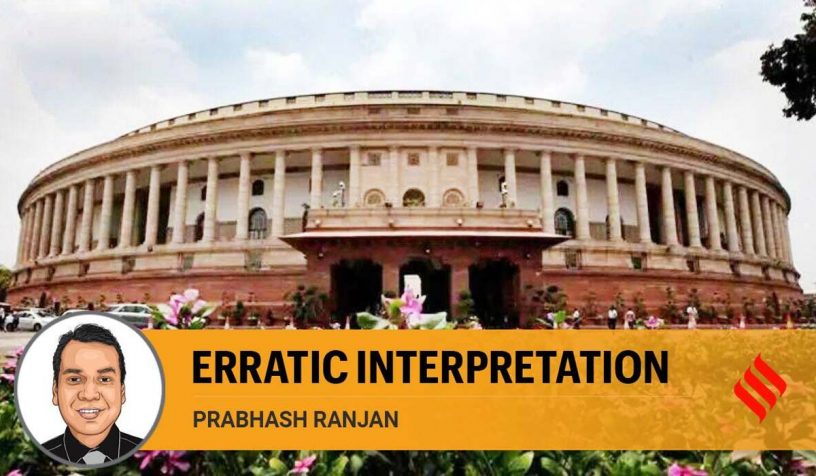
India has moved away from the principle of dualism towards monism by judicially incorporating not just customary international law but also international treaties including those treaties that India has not signed, says the author.
Author
Prabhash Ranjan, Professor and Vice Dean, Jindal Global Law School, O.P. Jindal Global University, Sonipat, Haryana, India.
Summary
An important report on “India and international law” by the parliamentary committee on external affairs was recently presented to the Lok Sabha. Among other things, the report discusses how Indian courts have dealt with international law. The committee observed that India follows the principle of “dualism”, that is, international law does not automatically get incorporated into the domestic legal regime.
An act of Parliament is necessary to transform international law into municipal law as recognised by Article 253 of the Indian Constitution. However, the committee believes that the Supreme Court has digressed from the principle of dualism and moved towards monism by holding that customary international law (CIL), unless contradictory to domestic law, is part of the Indian legal regime even without an enabling legislation enacted by the Parliament. CIL refers to international law norms derived from a custom that is a formal source of international law.
India has indeed moved away from the principle of dualism towards monism by judicially incorporating not just CIL but also international treaties including those treaties that India has not signed. As regards customary norms, the Supreme Court in Vellore Citizens Welfare Forum v. Union of India held that CIL which is not contrary to the municipal law shall be deemed to have been incorporated in India’s domestic law.
This principle has been affirmed in subsequent decisions. The apex court in Research Foundation for Science v. Union of India, relying on the Vellore Citizen case, declared that the precautionary principle, an environmental law concept, is part of CIL and thus part of Indian law.
Published in: The Indian Express
To read the full article, please click here.


